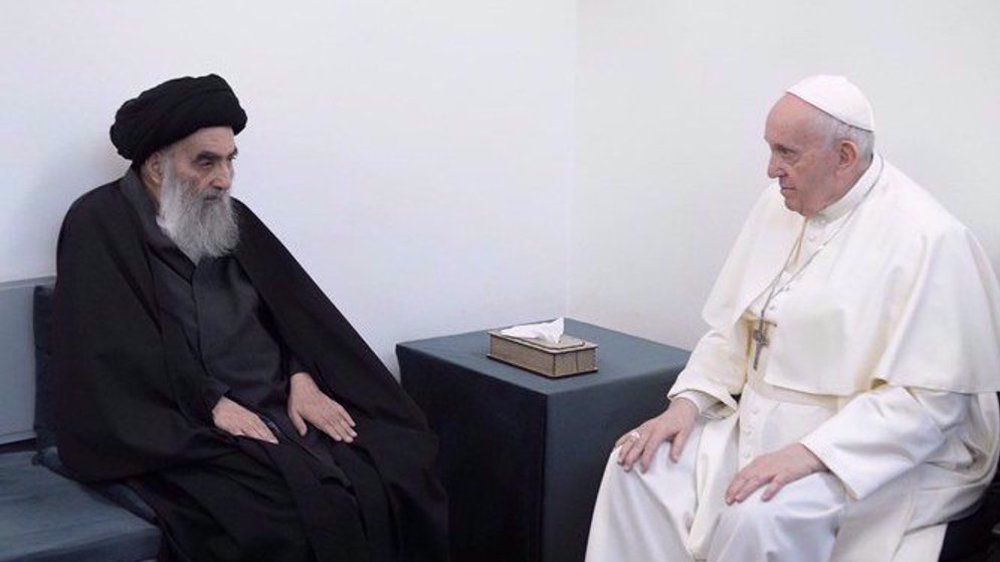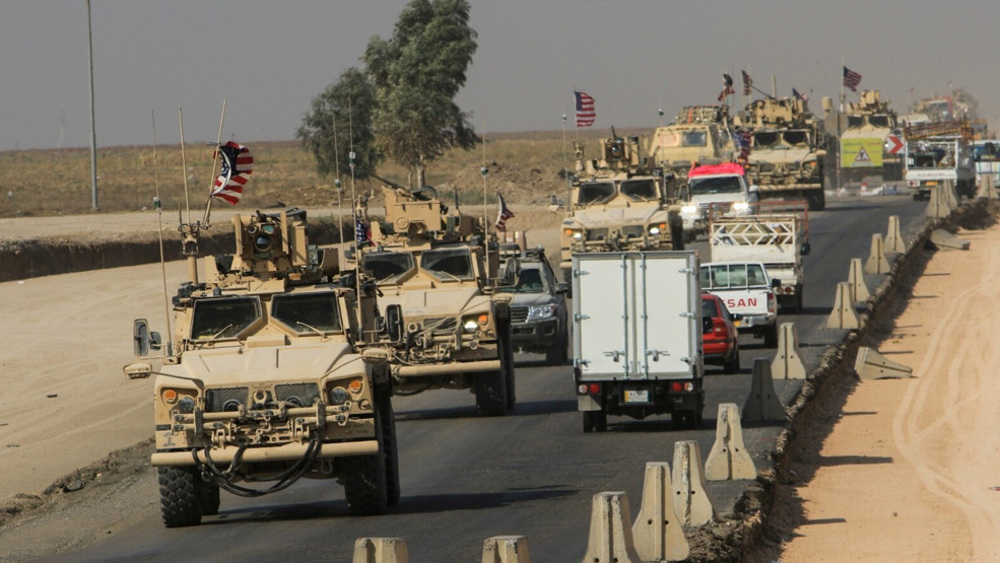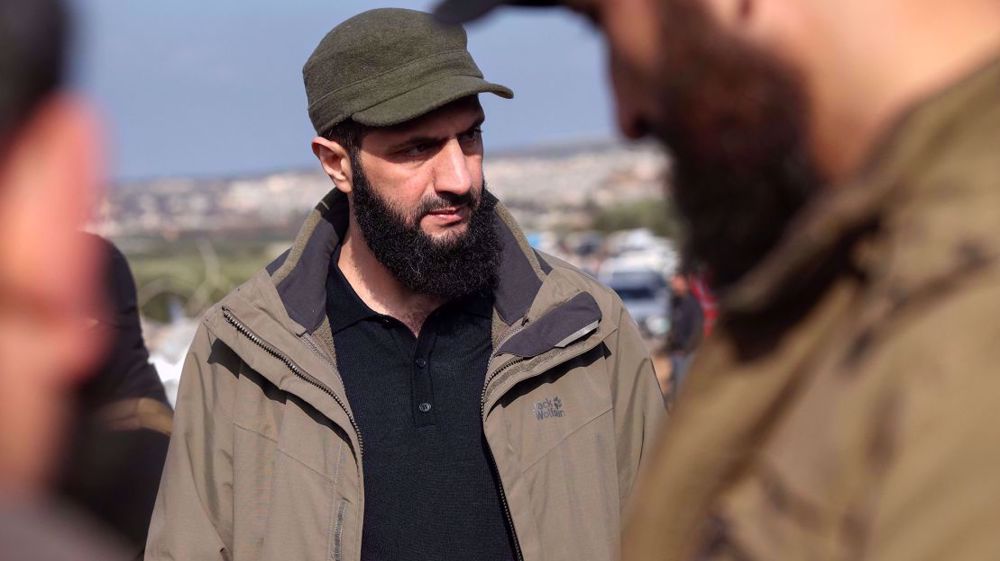Iraqi protesters temporarily end demo, leave Green Zone
Iraqi protesters have temporarily ended their demonstrations in the government complex of Green Zone and began leaving the area.
Hundreds of protesters disbanded their move on Sunday, withdrawing from a restricted area which houses the country's key government institutions, peacefully. They, however, vowed to return by the end of the week to go ahead with their demands for political reforms.
"The protest organizing committee announces the withdrawal of the demonstrators from the Green Zone," the protesters said in a statement distributed by the office of prominent cleric Muqtada al-Sadr.
This came a day after protesters broke into the heavily-fortified area and stormed the parliament. The move came after lawmakers failed to reach a quorum to discuss a cabinet reshuffle proposed by Prime Minister Haider al-Abadi.
Many of the protesters were supporters of al-Sadr. The protesters left the parliament late Saturday, but they were camping outside the parliament when organizers asked them to leave.

The protesters issued a number of demands, including the resignation of the president, the prime minister and the parliament speaker and a parliamentary vote on a technocrat government.
A spokeswoman for the protesters said they would resort to “all legitimate means” including civil disobedience if their demands are not met.
This came after Abadi held an emergency meeting with Iraq’s president and parliament speaker and a number of political leaders. They said they will hold more meetings in coming days to “ensure radical reforms of the political process.”
On Saturday, Abadi toured the parliament building and walked past damaged furniture. He ordered authorities to arrest protesters who attacked lawmakers and security forces and damaged state properties. But no arrest has so far been made.
Iraq has been the scene of a political turmoil in the past weeks over Abadi’s efforts to form a new cabinet.
On April 26, the parliament finally endorsed six new ministers proposed by Abadi despite attempts to block the chamber meeting by about 100 deputies who are reportedly close to former Prime Minister Nouri al-Maliki and have opposed Abadi and parliament speaker Salim al-Jabouri.

Ayatollah Sistani offers condolences on passing of Pope, hails his role in promoting peace

US arms convoys enter Iraqi Ain al-Asad base from Syria: Report

Syria’s self-proclaimed president can be arrested if he visits Baghdad: Iraqi figure
Iran supports any measure to strengthen peace, tranquility: Pezeshkian
Iran, Russia agree to transfer gas via Azerbaijan: Minister
VIDEO | US joins global protest day to demand Israel lift 8-week siege
HTS gunmen, allied militants kill over dozen Alawites in Syria’s Homs
VIDEO | Press TV's news headlines
VIDEO | Muscat’s 3rd round of indirect talks between Iran, US
Iran’s foreign minister says ‘satisfied’ with progress in talks with US
MSF: 70% of burn victims in Gaza are children, little chance of recovery









 This makes it easy to access the Press TV website
This makes it easy to access the Press TV website